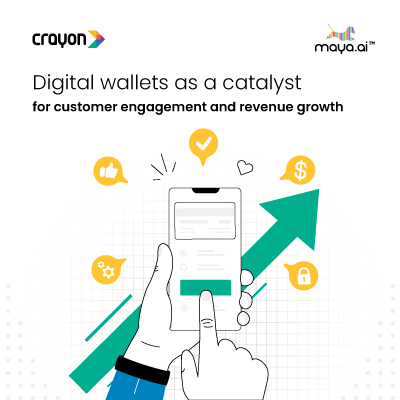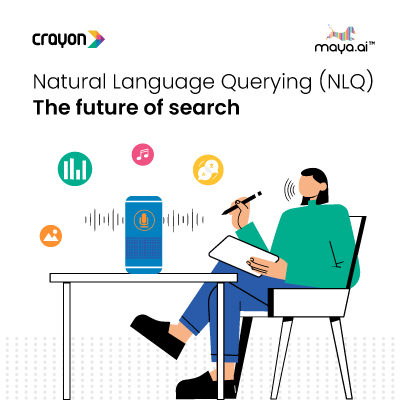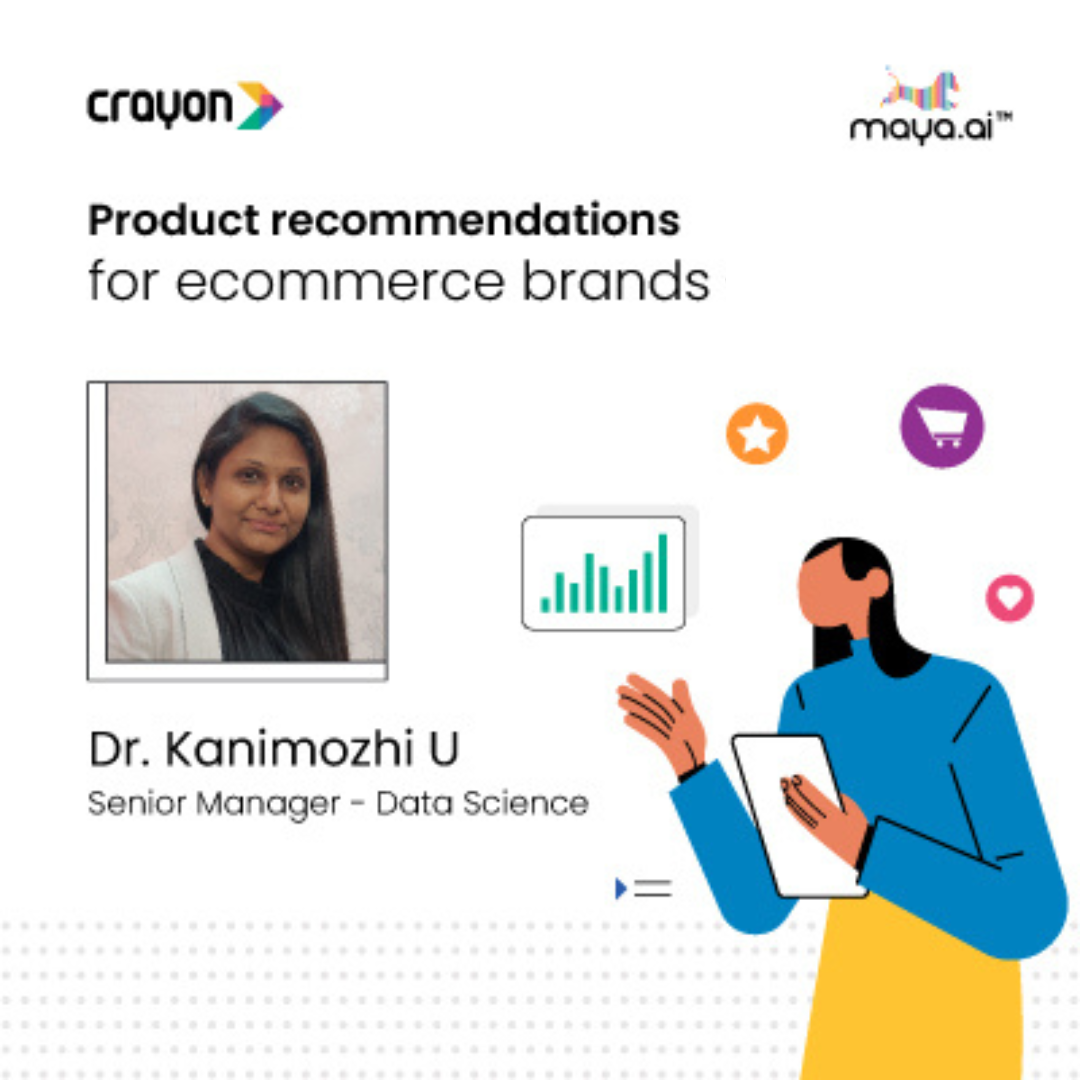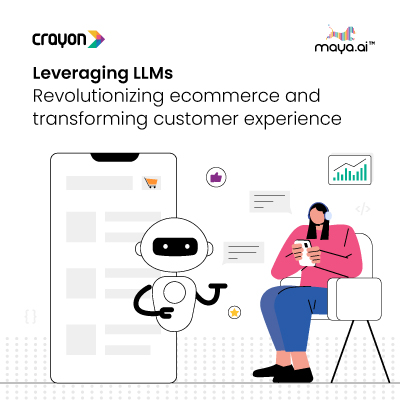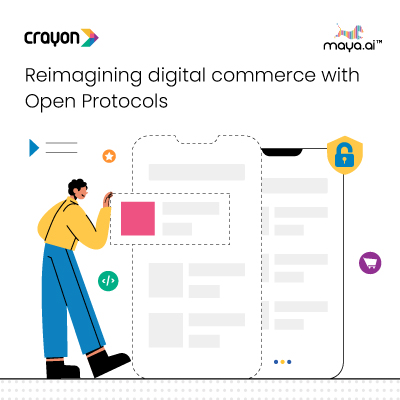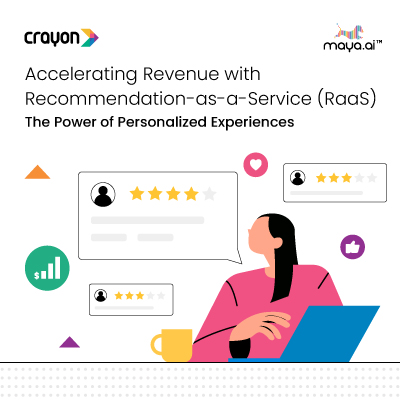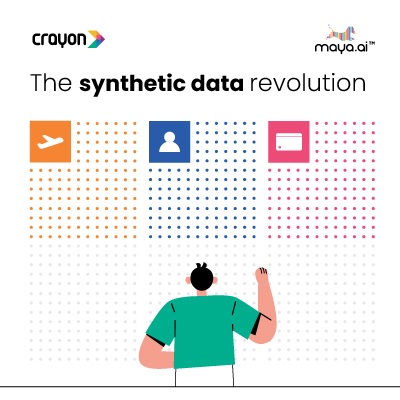The rise of mobile technology has created a multitude of new ways for businesses to interact with customers. Another defining feature of the digital age is the development of many powerful big data analytics tools. These two components — customer data and the tools to understand the story it tells — can provide a game-changing competitive advantage.
Big data can provide another critical value to today’s small businesses. The technological advances of the digital age have also presented new risks, most notably cyberattacks. As the problem of cybercrime continues to grow, small businesses have become a favorite target of hackers. Partnering with big data cybersecurity services enables small companies to protect their valuable investments by using the latest anti-hacking methods and utilities.
With big data-driven tools more affordable and available than ever before, small businesses in particular can’t afford to miss this opportunity.
Gathering Business and Customer Insights
Many small businesses have not yet leveraged the digital age technologies, such as mobile apps, that can create metrics for every part of the customer experience. However, companies might already have a wealth of older customer data resources to mine. These could include sales and foot traffic tracking statistics, loyalty program records and the personal knowledge of key employees. Some of these valuable archives might be in an older or nondigital format. How can small businesses make use of all this information, and where should they begin to implement newer technology?
There are many analytics companies that successfully consult with small businesses and help identify the data insights needed to solve particular problems. The consulting analysts will then help gather the necessary data, run it through their big data processing platform, study the results and work with the client to understand the answers they provide. Sometimes, internal business data might be paired with data from external sources such as social media networks or government databases.
Putting Big Data Insights Into Action
What kind of solutions can big data analytics offer for small businesses? In the case of the Point Defiance Zoo & Aquarium in Tacoma, Washington, big data analysts IBM and BrightStar Partners paired historic attendance records with local weather data. The resulting analysis enabled the zoo to accurately and consistently predict customer turnout by weekend and to assign staffing accordingly. This represented a critical boost in efficiency for the organization.
In another successful application of big data, university researchers in Ireland provided small businesses with loyalty card data from the supermarket chain Tesco, where their products are sold. The companies gained new insights about their typical consumer that sometimes surprised them, and even changed their long-range planning. One of the businesses learned that its primary customer base was older adults, and this led to an effective change in marketing strategy, which had targeted younger shoppers.
An additional benefit of big data analysis for small businesses is the opportunity to engage employees in discussions about the resulting information. Employees at most smaller organizations know their customers and business very well. Discussing how to use data insights as a team can foster new ideas and innovation.
Protection From Cyberattacks
With several large-scale worldwide attacks perpetrated in the past two years, it’s clear that cybercrime is on the rise. Recent research shows hackers are increasingly focused on small businesses. Many people might be surprised to know that small businesses were the victims in 60 percent of all targeted attacks.
Denial of service attacks, as well as data breaches and ransomware attacks, represent a very serious and possibly catastrophic threat to small businesses. These attacks can result in a damaged reputation, lawsuits, fines, loss of customer trust and the exposure of valuable proprietary data. With these kinds of risks facing smaller enterprises, it is well worth the cost to engage the services of a cybersecurity firm.
Many cybersecurity companies offer solutions that are driven by big data analytics. This high-powered processing monitors the organization’s entire network and identifies abnormal activity patterns. Thorough monitoring is especially important when a business has just expanded or made changes to its network and infrastructure. These updates can sometimes create new vulnerabilities that were not considered beforehand. Cybersecurity experts can assist companies with mapping out network or data storage changes, as well as pinpointing possible vulnerabilities.
Demonstrated Benefit to Small Businesses
There have been many demonstrated instances of the transformative potential big data holds for small businesses. One such case is a small high-end hair product distributor in Boston, which realized a 400 percent increase in capacity by migrating its operations to cloud-based services.
In another case, a chain of two self-service automatic car washes in Tucson utilized data analytics to track business operations. The data software, combined with sensors mounted on the company’s eight barrels of car washing chemicals, automates usage monitoring and inventory management. The software also sends an email alert in the event of a potentially expensive chemical barrel leak.
Big data can help small businesses with time-consuming administrative tasks as well. One San Francisco fresh fruit vendor with 90 employees used big data software to manage its company email inbox, which receives more than 1,000 emails weekly. The average response time for customer email inquiries has been reduced from over 24 hours to less than two. The software also monitors the incoming emails for trends in customer interest. In addition to parsing emails, it can also sweep social media pages to identify potential problems like complaints about late deliveries.
In the highly competitive food service industry, performance insights are especially critical. One small Boston restaurant used a big data service to analyze sales data at a more granular level. Performance page metrics helped management easily identify the waiter who sold the most of a particular brunch specialty item. At the next day’s meeting, the waiter coached the rest of the waitstaff on how to effectively sell the dish to patrons.
The restaurant’s cloud-based software also provides a deep dive into business metrics and customer behavior insights. By serving as the restaurant’s payment processor, the platform can return payment data in an array of easily accessible analytics dashboards. Over time, the software extracted some extremely valuable information, such as which menu item most frequently led first-time visitors to return to the restaurant. This type of big data software has taken the robust analytics tools used by online companies and adapted them to thoroughly crunch offline payment data.
The perceived difficulty of implementing new solutions may be holding some companies back from success, while this concern is not necessarily justified. In a recent survey of small businesses worldwide, 80 percent of respondents indicated that technological deployment was easier than they anticipated, and 70 percent of respondents said technological investments exceeded their expectations.
Small businesses have a tremendous opportunity to proactively engage with big data analytics and solutions. By being ahead of the curve and utilizing new technologies, they can gain a competitive edge in the fast-paced modern market, as well as manage the growing risk of cybercrime.

